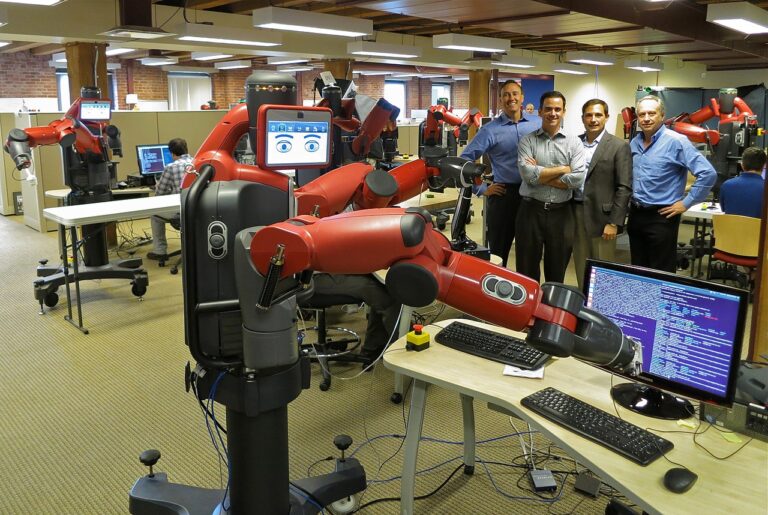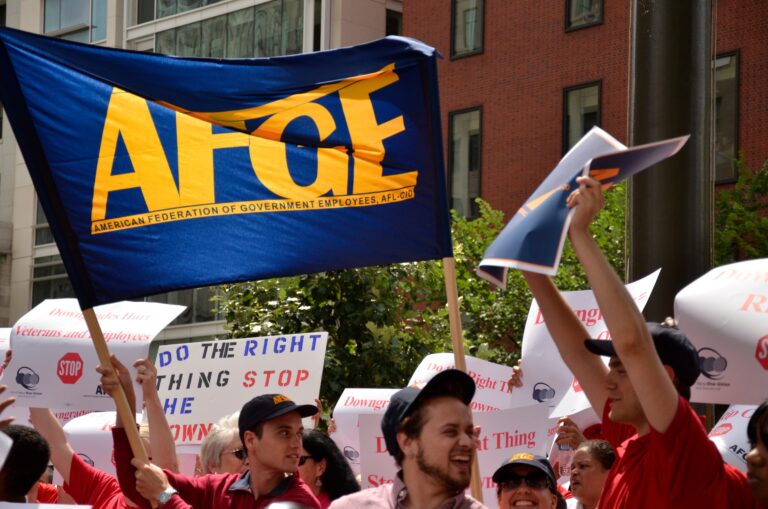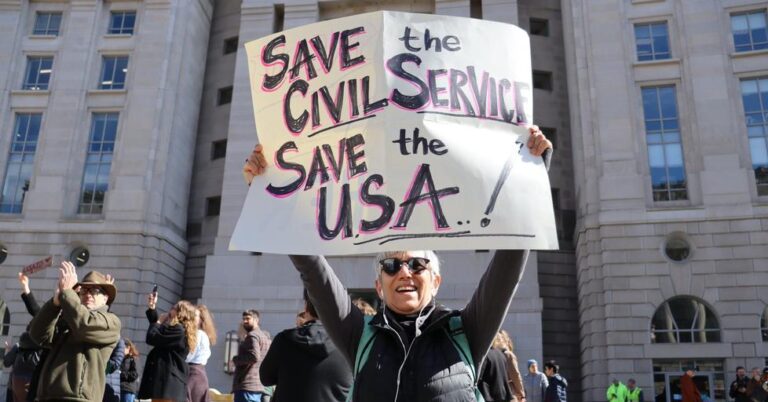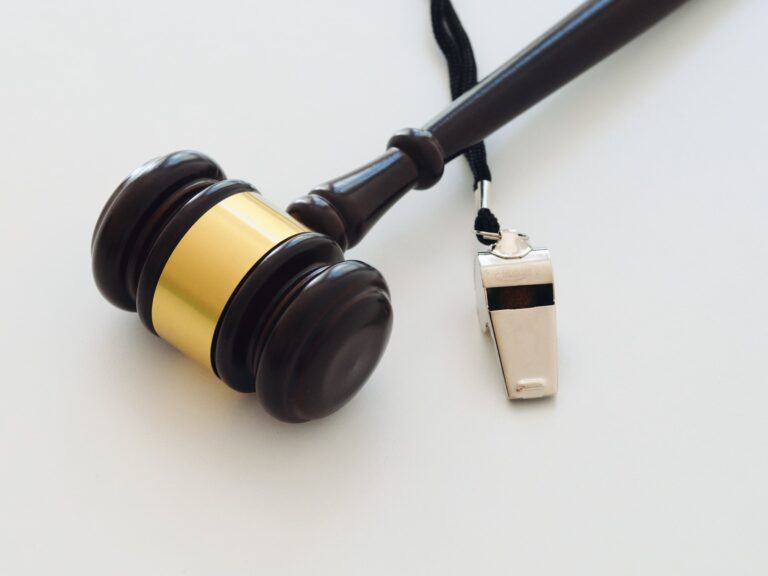In the last year, cheerleaders for five NFL teams have filed lawsuits against their respective teams for violating employment laws. Two cheerleaders have also sued the NFL as a whole. The cheerleaders argue that as employees, they are entitled to the same minimum wage that all other employees are due under the Fair Labor Standards Act.
Why are cheerleaders suing the NFL and NFL teams?
The National Football League is an unincorporated nonprofit association made up of its 32 member teams. Each team operates as an independent franchise; 25 teams have cheerleading squads. (According to Michigan Live, the Chicago Bears, Cleveland Browns, New York Giants, Detroit Lions, Green Bay Packers, and Pittsburgh Steelers don’t have cheerleading squads. This year, the Buffalo Bills shut down their cheerleading squad due to the lawsuit, according to Businessweek.)
These squads perform at games and promotional events, and the cheerleaders’ images are used in team merchandise. In 2010, Forbes reported that one cheerleading squad, the Dallas Cowboys Cheerleaders, brought in $1 million per season on its own.
The Fair Labor Standards Act sets the federal minimum wage—currently $7.25 per hour—and requires overtime pay for hours worked beyond 40 hours per week. 23 states and the District of Columbia have set their own minim wages above the federal floor, according to National Conference of State Legislatures. The minimum wage applies to most private and public sector employees. (It excludes some categories of workers, such as tipped employees, domestic workers, and salaried employees who are executives, administrative, or professional workers. There is ongoing litigation over whether it covers interns at for-profit companies).
The FLSA, however, does not apply to independent contractors. But the test to determine who is an independent contractor versus an employee is far from clear. According to the Department of Labor, there are 6 factors to consider when determining “the economic reality” of whether a worker is an employee or an independent contractor:
1) The extent to which the work performed is an integral part of the employer’s business. . . . 2) Whether the worker’s managerial skills affect his or her opportunity for profit and loss. . . . 3) The relative investments in facilities and equipment by the worker and the employer. . . . 4) The worker’s skill and initiative. . . . 5) The permanency of the worker’s relationship with the employer. . . . 6) The nature and degree of control by the employer.
So far, cheerleaders have filed lawsuits against: the Cincinnati Bengals, Buffalo Bills, Tampa Bay Buccaneers, New York Jets, and the Oakland Raiders. In essence, each suit alleges that the teams pay the cheerleaders below the required minimum wage. Some teams didn’t pay their cheerleaders at all; some required cheerleaders to pay out-of-pocket for expenses such as travel and uniforms; some paid for games, but not for mandatory practices or promotional appearances, according to the Wall Street Journal. The teams, in turn, have responded that the cheerleaders are independent contractors who are not covered by the FLSA. The Cincinnati Bengals went so far as to require each cheerleader to sign a contract stating that they are independent contractors, according to Businessweek.
Where are these lawsuits now? And what do these lawsuits allege about how the NFL teams treat their cheerleaders? Stay tuned for tomorrow’s post!






Daily News & Commentary
Start your day with our roundup of the latest labor developments. See all
December 7
Philadelphia transit workers indicate that a strike is imminent; a federal judge temporarily blocks State Department layoffs; and Virginia lawmakers consider legislation to repeal the state’s “right to work” law.
December 5
Netflix set to acquire Warner Bros., Gen Z men are the most pro-union generation in history, and lawmakers introduce the “No Robot Bosses Act.”
December 4
Unionized journalists win arbitration concerning AI, Starbucks challenges two NLRB rulings in the Fifth Circuit, and Philadelphia transit workers resume contract negotiations.
December 3
The Trump administration seeks to appeal a federal judge’s order that protects the CBAs of employees within the federal workforce; the U.S. Department of Labor launches an initiative to investigate violations of the H-1B visa program; and a union files a petition to form a bargaining unit for employees at the Met.
December 2
Fourth Circuit rejects broad reading of NLRA’s managerial exception; OPM cancels reduced tuition program for federal employees; Starbucks will pay $39 million for violating New York City’s Fair Workweek law; Mamdani and Sanders join striking baristas outside a Brooklyn Starbucks.
December 1
California farmworkers defend state labor law, cities consider requiring companies to hire delivery drivers, Supreme Court takes FAA last-mile drivers case.